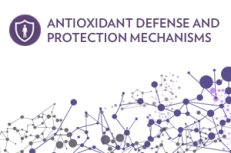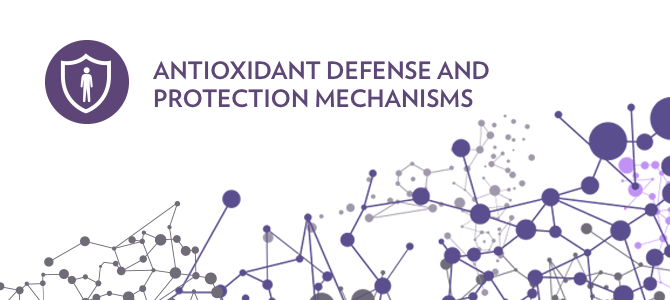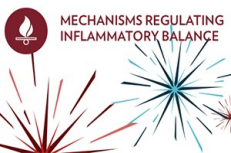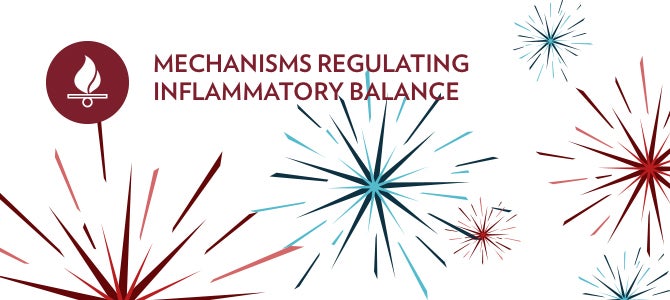Tissue Renewal Mechanisms
July 06, 2017
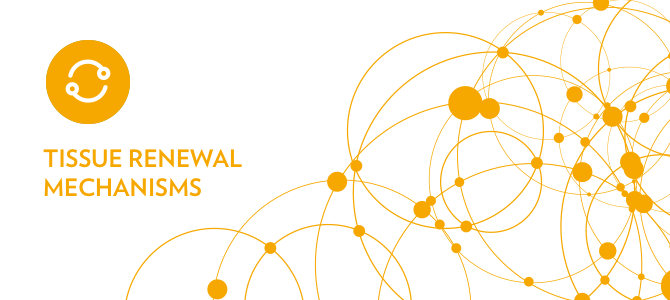
Although many people might think of their body as a finished product once they reach adulthood, it is actually in a state of constant change as old cells are discarded and new cells take their place in an ongoing cycle of tissue renewal. This process of tissue renewal is a natural defense mechanism, and is very important for supporting healthy aging and maintaining proper function in the body over time. Without this mechanism, proper renewal would not take place which could result in impaired function of various tissues.
The rate of tissue renewal can change with age and varies depending on the specific tissue. Some tissues renew at faster rates; for example, blood and skin only take days. Other tissues, like liver and bone, renew at slower rates and can take months or years.
Because the function and efficiency of tissue renewal can decline with aging, it is important to support this defense mechanism through dietary and lifestyle factors. The bone and brain are two good examples of tissues that help illustrate the importance of supporting this defense mechanism throughout the body.
Supporting Bone Renewal for Healthy Aging
Bone typically goes through a growth phase when we are young, but during adulthood a renewal phase of bone predominates. Bone renewal involves the removal of mineralized bone via cells called “osteoclasts,” followed by the formation of new bone through other cells called “osteoblasts.” Simply put, old bone is broken down and replaced with new bone.
Bone renewal is an important process in the body because when osteoclasts break down old bone, they release calcium into circulation in the blood. Although most of the body’s calcium is in the bones, there are other areas of the body that cannot function without calcium. For example, muscles cannot contract and some nerves cannot communicate without calcium. When there isn’t enough calcium in the bloodstream to meet these immediate needs, the body quickly mobilizes minerals like calcium from the bones. Once additional calcium is obtained through the diet, the osteoblasts begin the process of forming new bone to replace what was broken down. Vitamin D is another nutrient integral in this process, because it plays a specific role in calcium absorption and utilization.
This process of bone renewal is also important because the body is exposed to physical and mechanical stressors and needs to quickly adapt. This process helps to repair small damages in the matrix of the bone over time. Because the rate of bone formation typically slows with aging (the removal of bone outpaces the formation of new bone), supporting healthy bone renewal is important for healthy aging.
Supporting Brain Tissue Renewal
It was once thought that the creation of new brain cells in a process called “neurogenesis” stops at birth. But research now supports the idea that the brain continues to adapt, change, and, in fact, generate new neurons throughout life—at least in certain regions of the brain. This finding has challenged previous concepts about the adult brain and has created new opportunities to study the brain. Scientists are beginning to understand the regulators behind neurogenesis, and the implications it has in health and aging.
One of these regulators is called “brain-derived neurotrophic factor” (BDNF). This is a crucial factor in the brain because it can help preserve neurons against degeneration and help to enhance dendrite complexity and synaptic plasticity1. “Dendrites” are the parts of brain cells involved in collecting and passing on information. “Synaptic plasticity” is the ability of your brain to adapt to new information, so strategies to support this ability are important for human aging.
The Role of Tissue Renewal in Your Health
Proper regulation of tissue renewal plays a key role in health and wellness in many areas beyond just the bone and brain. Tissue renewal is a natural aging defense mechanism to support healthy aging and proper function of the body. Although this defense mechanism typically declines in function and efficiency with age, there are dietary and lifestyle factors that can support youthful tissue renewal in the body.
To learn more about your body’s natural defenses against aging aggressors, visit Introduction to Aging Defense Mechanisms (ADMs).

Written by:
Tanner Gibb
Technical Communication & Education Manager
Pharmanex
Sources:
1) Tolwani RJ, Buckmaster PS, Varma S, Cosgaya JM, Wu Y, Suri C, Shooter EM. BDNF overexpression increases dendrite complexity in hippocampal dentate gyrus. Neuroscience. 2002;114(3):795-805.
